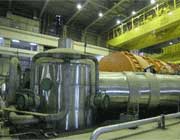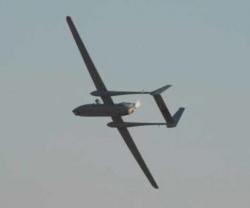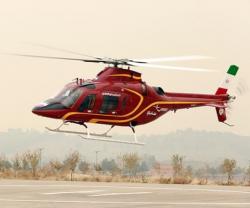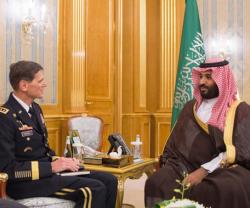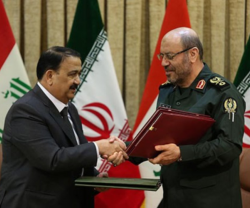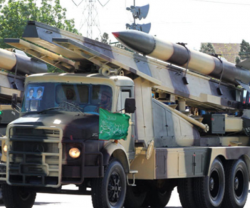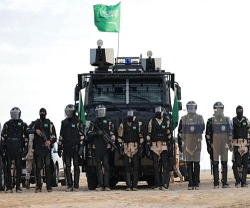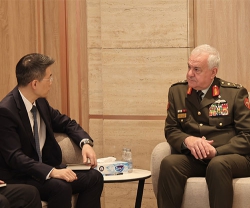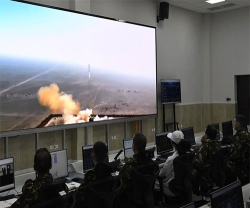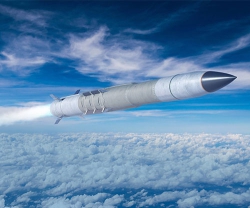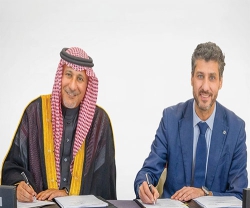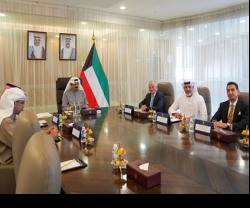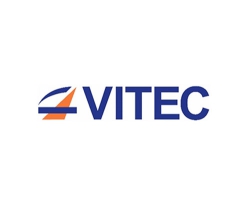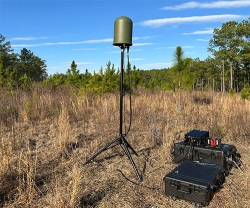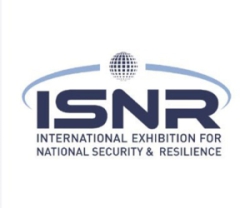Iran is stepping up centrifuge development work aimed at making its nuclear enrichment more efficient, diplomats say, signaling a possible advance in the Islamic Republic’s disputed atomic program.
Two newer and more advanced models of the breakdown-prone machine that Iran now operates to refine uranium are being installed for large-scale testing at a research site near the central town of Natanz, the diplomats told Reuters this week.If Iran eventually succeeds in introducing the more modern centrifuges for production, it could significantly shorten the time needed to stockpile material that can have civilian as well as military purposes, if processed much further.
But it is unclear whether Tehran, subject to increasingly strict international sanctions, has the means and components to make the more sophisticated machines in bigger numbers.
Iran denies Western accusations it is seeking to develop nuclear weapons and says it is refining uranium for electricity generation and medical applications.
Tehran’s refusal to halt enrichment has drawn four rounds of UN sanctions, as well as increasingly tough U.S. and European punitive measures.
Iran has, for years, been trying to develop centrifuges with several times the capacity of the 1970s-vintage, IR-1 version it now uses for the most sensitive part of its atomic activities.
Marking a potential step forward for those plans, diplomats said work was under way to set up two units of 164 new machines each. Until now, only smaller chains or individual centrifuges of the IR-4 and IR-2m models have been tested at the R&D site.
“They are moving forward here,” said one senior diplomat, from a member state of the International Atomic Energy Agency. “This is slow and steady but notable progress they are making.”
Other diplomats confirmed that installment was taking place, but was not finished yet. There was no comment from Iran’s mission to the IAEA, the Vienna-based UN atomic watchdog.
Testing of a complete 164-centrifuge cascade has been due for a long time and it would be an “important step,” said Olli Heinonen, a former Head of IAEA inspections worldwide.
source: Khaleej Times

